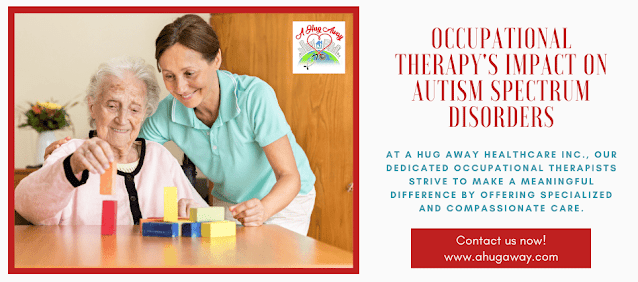Challenges and Rewards of Being an In-Home Nurse

In-home nursing is a unique and rewarding profession that combines the compassion of caregiving with medical care expertise. For many patients, especially those with chronic conditions such as diabetes or heart disease, or mobility issues, in-home nurses provide a vital service that allows them to receive high-quality medical care in the comfort of their own homes. However, this career path comes with its own set of challenges and rewards. Let's explore what it means to be an in-home nurse and why this role is crucial. The Multifaceted Role of an In-Home Nurse In-home nurses are responsible for various duties, including administering medications, monitoring vital signs, managing wounds, and providing patient education. They often act as a liaison between patients and their doctors, ensuring that medical plans are followed and any patient conditions are promptly reported. To become an in-home nurse, one typically needs a nursing degree and a state license. Challenges Faced by





